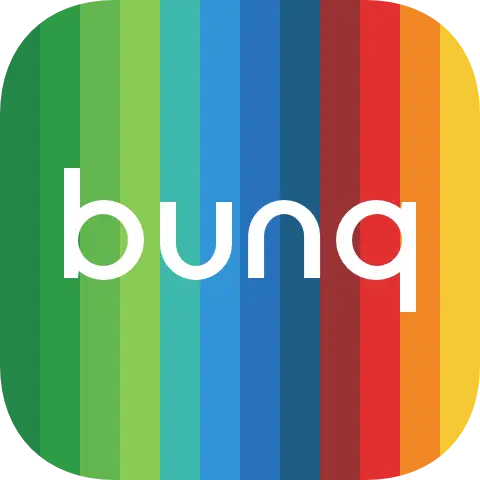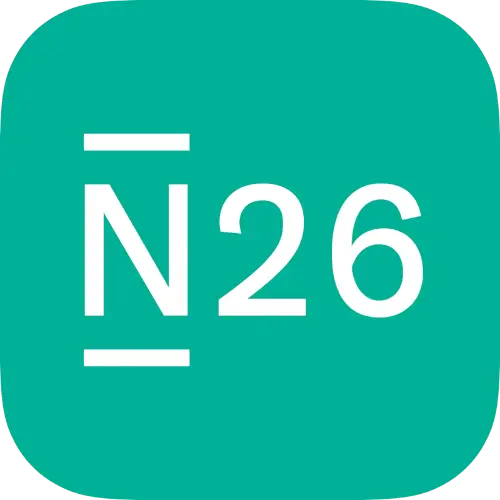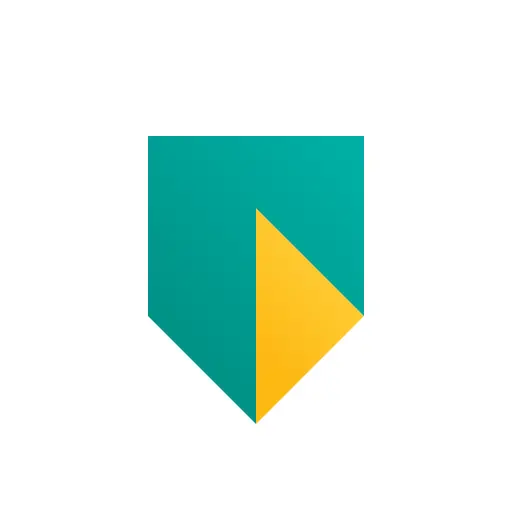Want to find the best bank account in the Netherlands for internationals? A transaction account is one of the handiest things to kick off your new Dutch life. Compare to find the best transaction account for you
 Samantha Dixon
Samantha Dixon
Extra benefits (with a cost)
Best brick-and-mortar Dutch bank

Coming soon

Coming soon

Coming soon
Coming soon

Coming soon

"As an international living in the Netherlands, I thought when I arrived that I could continue using my Australian bank cards for my six-month stay. I quickly found out that my bank cards often wouldn't work at smaller businesses because the Netherlands doesn't like credit cards (including Visa Debit or Debit Mastercards). That included paying for things online! When I opened a bank account that included a Maestro or VPay card and allowed iDEAL for online purchases, my life in the Netherlands got much easier."
Samantha Dixon, Senior Finance Editor
Opening a bank account in the Netherlands is generally a straightforward process, and you can often complete the application online within minutes.
To open a bank account in the Netherlands, you’ll typically need to:
When considering a bank account in the Netherlands, it’s essential to understand the associated costs. Most Dutch banks charge a monthly fee for maintaining a transaction account. Typically, these fees range from €1.50 to €7 per month, depending on the bank and the account features offered.
For instance, major banks like ING and ABN AMRO have standard accounts that usually fall within this price range. However, some banks provide specific accounts for students or young adults that come with reduced fees or even no monthly charges. Banks like bunq and Revolut also offer competitive pricing, with options for low or zero monthly fees, especially for their basic accounts. However, to gain access to more features, these banks can end up being more expensive than traditional Dutch banks.
In addition to monthly fees, it’s important to consider other potential charges, such as ATM withdrawal fees for using non-affiliated cash machines, international transfer fees, and costs for additional services. Most banks do not charge for electronic transfers or direct debits within the Eurozone.
While the monthly fees may seem minimal, it’s wise to evaluate what services are included. Some accounts offer additional features, such as budgeting tools, savings goals, or free international payments, which can provide added value.
As an expat in the Netherlands, you can open a bank account by providing proof of identity (passport or residence permit), proof of address (rental agreement or utility bill), and your BSN (citizen service number). Some banks may allow you to open an account without a BSN, but you’ll need to provide it later.
Popular banks for expats in the Netherlands include bunq, ING, ABN AMRO, and Rabobank. bunq, ING and ABN AMRO are known for offering English-language services and easy-to-use mobile banking apps. Triodos Bank and ASN Bank are good options if you’re looking for sustainable banking.
Some Dutch banks, such as bunq, ING, and Revolut, may allow you to open a bank account without a BSN (citizen service number), but you’ll typically need to provide it later for full account access and to comply with Dutch regulations.
To open a Dutch bank account, you’ll usually need the following documents: a valid passport or residence permit, proof of address in the Netherlands (such as a utility bill or rental contract), and your BSN (citizen service number).
ING and bunq are often considered the easiest banks to open an account with in the Netherlands. ING offers convenient online registration and English-language support, while bunq allows you to open an account completely online, sometimes without needing a BSN initially.
Most Dutch banks charge a small monthly fee for maintaining a bank account, typically between €1.50 and €7 per month. Banks like bunq and Revolut offer low-fee or no-fee options, especially for basic account services.
Yes, most Dutch banks offer joint accounts, which are ideal for couples or families. ING, ABN AMRO, and Rabobank provide options for joint accounts, allowing both account holders to manage finances and receive payments into the same account.
Yes, many Dutch banks, including ING, ABN AMRO, and bunq, allow you to open a bank account online. You’ll need to upload identification documents, and in some cases, complete a video identification process to verify your identity.
ING, ABN AMRO, and bunq are known for their excellent mobile banking apps. ING’s app is widely praised for its user-friendly design, English support, and robust features, while bunq is popular for its innovative, digital-first approach.
Yes, most Dutch banks allow international money transfers, though fees and exchange rates may vary. Banks like ING and ABN AMRO offer international transfer services, but you may save on fees by using platforms like Wise or Revolut for better rates.
Nearly all Dutch banks, including ING, ABN AMRO, and Rabobank, support iDEAL, the most popular method for making secure online payments in the Netherlands. If you shop online or need to pay bills, having iDEAL support is essential.
Some Dutch banks, such as bunq, may allow non-residents to open a bank account, but most require residency or proof of a Dutch address. You’ll still need to provide identification documents, and in many cases, a BSN is necessary for long-term account use.
ING, ABN AMRO, and Rabobank offer student-friendly bank accounts with low or no monthly fees. These accounts often come with useful features such as budgeting tools, easy access to online banking, and discounts on financial services.
Opening a bank account in the Netherlands can be completed in as little as 10-15 minutes if you apply online. In-person applications may take longer, but once approved, you’ll typically receive your debit card and online banking access within a week.
Yes, most Dutch banks allow you to open a savings account alongside your main transaction account. Many banks, such as ING and ABN AMRO, offer attractive savings options that are easy to manage through their mobile banking apps.